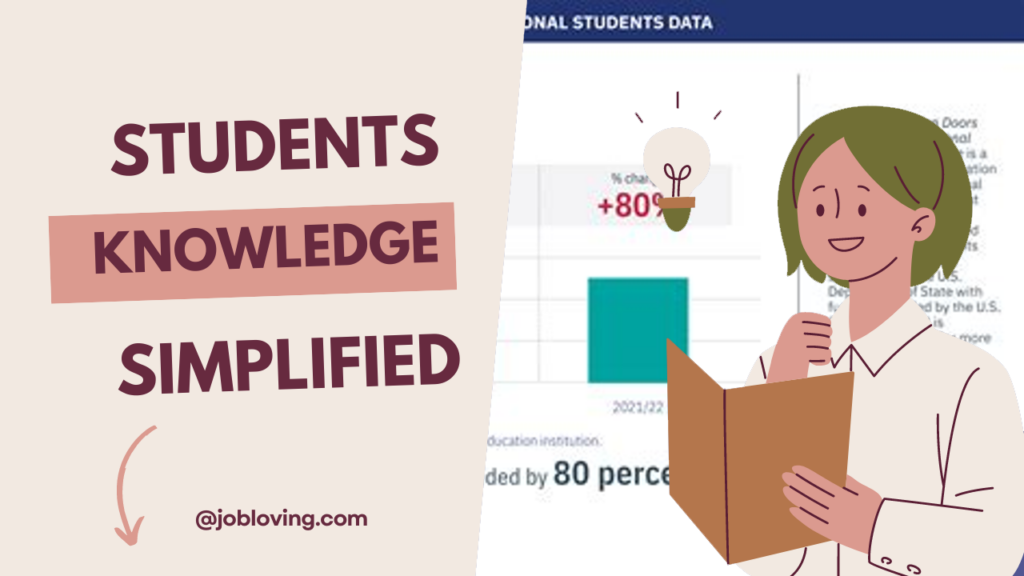Absolutely, a US student can embark on the exciting adventure of attending college in another country! But hold on, getting that acceptance letter is just the tip of the iceberg; the real journey begins with a bit of planning and research on visas, requirements, and what the foreign educational landscape looks like. With the right guidance, studying abroad can be both a thrilling and rewarding experience.
Imagine kicking off your educational journey in countries like the UK or Australia, where students often find that they can complete their degrees in about three years, thanks to an earlier specialization in academia. This sounds refreshing compared to the typical four-year timeline back home, right? Plus, attending foreign universities often costs less than prestigious US institutions. For example, students can find themselves paying approximately $20,000 annually in tuition in Ireland or the UK—this figure sometimes even includes student housing arrangements!
The language barrier? For many, it’s a non-issue. Numerous foreign programs offer courses taught in English, making it easier for American students to dive in without needing fluency in another tongue. Popular destinations like New Zealand and Australia provide a familiar cultural backdrop, perfect for students who crave adventure without feeling too far from home.
Furthermore, direct enrollment into universities abroad is a walk in the park. Countries like Canada, Australia, and several European nations simplify the application process for American students, which is a breath of fresh air for anyone overwhelmed by the intricate US college admissions labyrinth. Interestingly, while US colleges may prioritize extracurricular activities, foreign universities tend to focus on academic performance, allowing students to shine based on their ability to excel in their chosen field.
Another perk? Many universities worldwide actively support international students through comprehensive transition programs. This makes settling into a new environment much smoother, allowing students to concentrate on their studies rather than stress about logistics.
If you’re considering studying in places like Singapore, you’ll benefit from universities, such as NUS, that have agreements with US institutions, making the transfer of credits a breeze. The educational quality in Asian countries stands out, often focusing on delivering practical knowledge without unnecessary fluff. Plus, some countries, including Germany and Norway, offer free or lower-cost education, which opens even more doors for money-savvy students.
Let’s not forget about the enriching experiences that studying abroad adds to your academic journey. Picture yourself networking globally, exploring different teaching methodologies, and making friendships that span continents. Many students who study abroad report greater satisfaction and a sense of fulfillment in their educational paths.
The prospect of returning home with enriched perspectives on globalization and cultural awareness is incredibly valuable. It enhances employability as employers actively seek candidates with international experience and adaptability.
So, as you contemplate this awe-inspiring adventure, remember that with diligent research and a positive mindset, studying abroad is not just an option, but potentially one of the best decisions you can make. This experience fosters independence, resilience, and understanding in an increasingly interconnected world. Dive in, explore, and let the world be your classroom!
What are the advantages of studying abroad for U.S. students compared to domestic education?
Studying abroad often provides U.S. students with a more affordable education, diverse academic experiences, and opportunities for cultural immersion. Many foreign universities prioritize academics over extracurricular activities, which can lead to a more focused educational environment. Additionally, international education enhances career prospects and global understanding, making students more competitive in the job market.
How do application processes differ for U.S. students applying to foreign universities?
U.S. students must navigate various application processes and timelines that differ from those in the U.S. Many foreign universities require specific standardized test scores beyond the SAT, and some may not recognize U.S. high school diplomas equivalently, necessitating external exams. However, English-speaking countries often simplify the application process for American students.
What role do financial considerations play in the decision to study abroad?
Financial considerations are significant, as many foreign universities offer lower tuition rates compared to U.S. institutions. Additionally, international education can be more affordable, with options like Canadian tuition averaging just over $20,000 annually. Scholarships and financial aid are often available, further easing the financial burden for U.S. students.
How does studying abroad contribute to personal growth and adaptability in students?
Studying abroad fosters independence and personal growth, essential traits for success in a globalized world. Students often report higher levels of satisfaction and fulfillment in their educational journey, as they navigate new environments and cultures. This experience enhances their adaptability and problem-solving skills, preparing them for future challenges in diverse settings.

